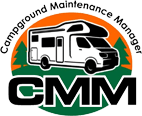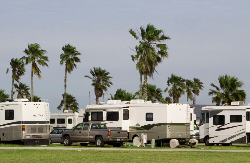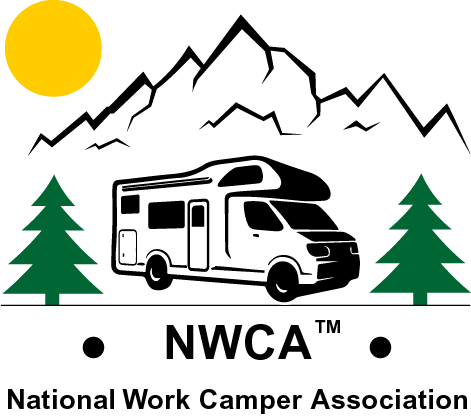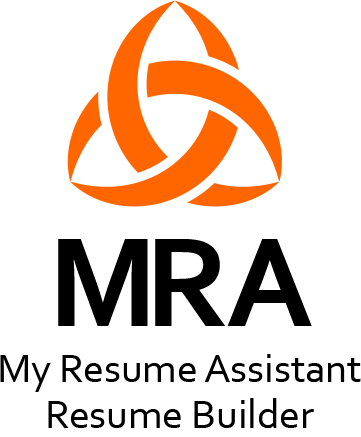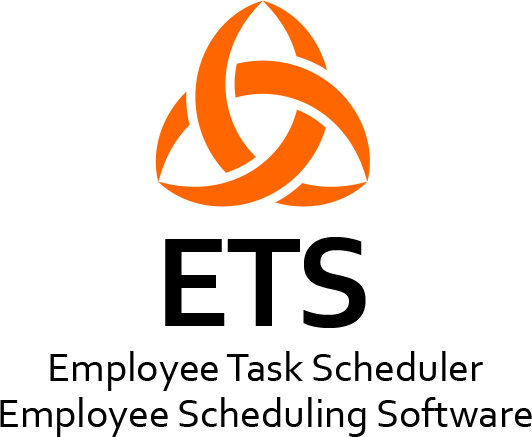Blog
Work Camping – the Good & Bad
Whether you are a Campground Owner or Manager and are considering hiring Work Campers or you are a prospective Work Camper considering becoming a Work Camper, read on. So not to discourage you, I will tell you about the good first and the bad last.
Work Camping is a “win win” for both Campground Employers and Work Campers. Most often Work Campers are retired and can provide a lifetime of work experience and knowledge at a considerably lower cost than Campground Owners can afford. The benefits that Work Campers receive can vary. Below are some typical examples.
Typical Work Camper Benefits
1) Full hookup campsite – includes water, electric, cable TV and Wi-Fi. a. Occasionally, the Employer will not cover electric, but will provide a $50 to $100 Syphon. b. It is not unusual for the Employer to provide propane at their cost.
2) The number of hours Employers will require Work Campers to work per week can vary from 15, 18, 24, 30, 36 and 40 hours. A typical range is 18 to 24 hours. Work Camper couples are allowed to divide the number of required hours.
3) Employers typically pay minimum wage for hours worked beyond the agreed upon hours per week.
Typical Problems that Work Campers face
1) A small percentage of Employers will hire Work Campers under the pretense of hours and jobs they will be required to perform in return for the benefits received.
a. Work Campers may verbally agree to the total number of hours, number of hours per day, number of days per week and descriptions of the jobs they will be required to perform. When they arrive, they find that what they agreed to has changed.
b. Work Campers may verbally agree to the benefits they will receive. When they arrive, they find that what they agreed to has changed.
Work Camper Recommendations
1) Think ahead and plan your next Work Camper job. The better jobs are taken first.
2) Don’t be shy when it comes to negotiating your benefits, number of hours and jobs you will be required to perform.
3) Ask the employer if they have a Work Camper Agreement that outlines your benefits that includes the number of hours and descriptions of the jobs you will be required to perform.
Typical Problems that Employers face
1) Work Campers will accept a position, but not have the ability to perform the jobs that they committed to due to health reasons, physical attributes and/or the necessary skill sets.
2) The Work Campers RV doesn’t meet the minimum requirements of the campground.
Employer Recommendations
1) Create a Work Camper Benefit Agreement.
2) Before signing a Work Camper Benefit Agreement, request a picture of each Work Camper and their RV.
3) Request that the Work Camper registers on CampgroundMaintenanceManager.com, there you can view the below information on the Work Campers Public Profile.
a. My Resume
b. My Capabilities
c. Workamper Type Form (Includes the Work Campers Maintenance Duty and Activity Capabilities, Preferred Work Days, Preferred Number of Work Days per Week and Preferred Number of Work Hours per Day)
d. My Preferences
e. Certificates & Licenses
Conclusion:
The mission of CampgroundMaintenanceManager.com is to provide a Smarter, Faster and Easier Way to Manage the Duties performed by all Work Camper types. The result is Higher Morale, Productivity and the Desire for Work Campers to extend their stay. Employers benefit from lower maintenance costs. Doug Henricksen Owner, CMM Software, LLC CEO, www.CampgroundMaintenanceManager.com
